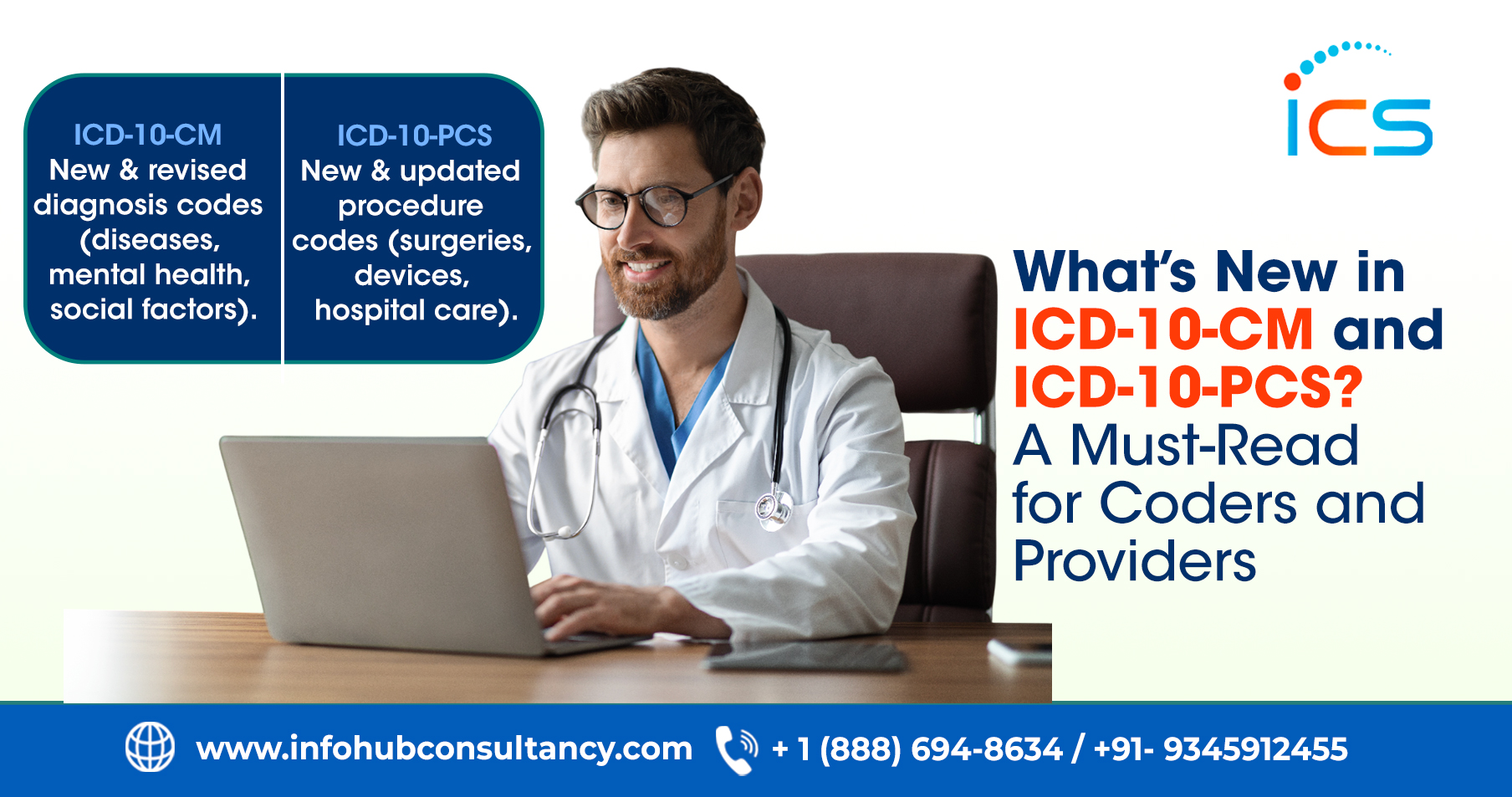Dental businesses encounter a variety of billing and coding issues in today’s healthcare system. CDT codes are prone to frequent changes that can be difficult to decipher. Billing for dental operations and getting insurance claims accepted can be time-consuming. Dental medical billing or submitting dental operations to a patient’s medical plan can be even more difficult. Outsourced dental billing services can help practises overcome these obstacles, but they must be aware of the common billing and coding issues that might hurt their bottom line. Unpaid medical bills account for 52% of collection services, according to the US Consumer Financial Protection Bureau. About 43 million people owe money on their medical bills, illustrating the difficulty that a practise has in collecting the amount.
The problem of dental billing hangs large and gives rise to some key challenges in medical billing services for dentists. Here are some of the many obstacles faced by dentists in their medical billing.
1. Time Constraint
A busy practise with insufficient administrative support might be problematic, especially if manual invoicing systems are used. The practise will benefit from automation, and services such as electronic attachments can speed up claim adjudication without the need for extra support workers. When only one person is responsible for billing, it represents a significant load for practises.
- In-office patient attention
- Treatment plans
- Calls
- Claims on insurance
- Appeals for claims that have been denied
- Account receivables management
This takes away time from you and your team to focus on revenue-generating elements of the practise. Your primary concentration will be on repairing the numerous items that aren’t working properly, and you’ll frequently overlook billing details.
2. Following Claim Guidelines
It is necessary to follow the tight processing criteria set forth by insurance companies and government organisations. Failure to comply might result in claims being rejected, among other consequences. The billing cycle of a practise can be improved by managing processing guidelines.
3. Coding Updates
There will always be billing issues, but many of them can be overcome. Because so much is out of your control, you’ll need to be diligent in dealing with billing issues relating to payer processes. However, by integrating technology and automation-based systems, you can fix flaws in your administrative operations.
Dentistry’s materials and technology for procedures and implants are constantly evolving. As new materials and techniques become available, the requirement for codes to support them increases. Annual coding updates, which are provided once a year, can keep even the most seasoned practise managers on their toes. Codes are frequently updated to improve clarity or to specify newly additional treatment areas.
Each practise must study and document the changes to the most commonly used codes, as well as assess how they will affect billing. Billing managers must also self-educate to verify that they are billing operations correctly due to the large number of regular modifications.
4. Lack of Follow-Up
You’ll have more patients who walk away with unpaid bills if you don’t have a good follow-up system in place. The majority of dental patients are covered by one or more insurance policies. As a result of the unavoidable accumulation of errors, claims are difficult to collect. When you realise you’re losing money, the natural instinct is to expand the number of patients you see. In order to maximise money, the dentist now works overtime. This is usually not the best strategy because collections will still be poor, as more people will file unverified insurance or pay late.
5. Collection of Copays
Copays are payments made in advance for services rendered by caregivers. If physicians do not receive the full amount up front, they may have difficulty obtaining the remaining portion of the patient’s payment. It is better for both, the patients and the practise to collect fees and copays at the time of treatment. A high cost following a treatment might be intimidating, and paying it is usually more difficult.
If these obstacles are not addressed, the collection rate suffers. Claim denials occur from coding errors, hurting the dental offices’ financial flow. Many dental offices also lack the expertise to help consumers understand their medical insurance benefits. Thousands of dollars are lost as a result of unaccepted treatment options.
Ways to Overcome Dental Billing Challenges
To reflect the method accomplished, use the most precise and up-to-date codes. It is necessary to report the CDT Code that is in effect on the date of service. Descriptions and radiography are examples of supporting documentation.
Investing in easy-to-use file and organisation software. These don’t have to be in your office. These virtual team members come in to support your practise and can be outsourced to your existing staff.
Unverified insurance claims account for over 30% of total revenue. This necessitates the presence of professionals. As claims are properly managed, you will be able to identify procedures that are covered by a specific policy. This makes it simple for you to advise your patients on how to obtain the best medical treatment without fear of being short changed or having their claims dismissed.
The patient’s name and the date on which the radiographs were obtained are required for diagnostic radiography. Periapical photographs must be included in claims for teeth treated with crowns or on lays. Charting and radiography are commonly used to determine periodontal therapy. Writing should be clear and simple, and they should include the diagnosis and the reason for the treatment.
Providers are unable to obtain new technology, hire or train staff, or make essential changes to improve patient satisfaction due to disrupted financial flow. As a result, many practises prefer taking resort to offshore billing services. A huge group of billers and coders works for Info Hub Consultancy Services (ICS), a renowned offshore medical billing company. Dentists can expect increased revenues, enhanced office efficiency, lower administrative and operational costs, and more time to focus on providing high-quality patient care by outsourcing dental billing to us.
ICS has been providing dental medical billing solutions to practises all around the United States. Our dental coders and billers are well-versed in dental billing regulations and use the most up-to-date technology to ensure the best possible outcomes.

 6 mins read
6 mins read 








.png)

